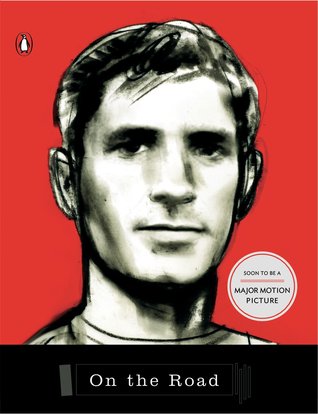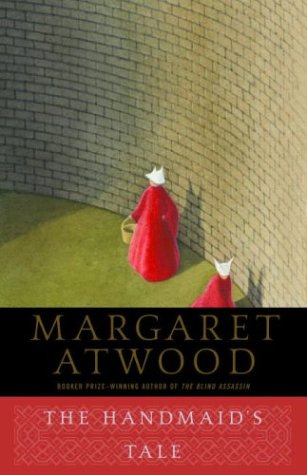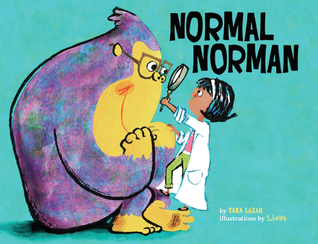
Remember, this is just for fun and is not meant to be stressful.
Keep in mind what Molly Peacock’s book suggested.
Look at a line, a stanza, sentences, and images; describe what you like or don’t like; and offer an opinion. If you missed my review of her book, check it out here.
Today’s poem is from Jorie Graham:
Prayer
Over a dock railing, I watch the minnows, thousands, swirl
themselves, each a minuscule muscle, but also, without the
way to create current, making of their unison (turning, re-
infolding,
entering and exiting their own unison in unison) making of themselves a
visual current, one that cannot freight or sway by
minutest fractions the water’s downdrafts and upswirls, the
dockside cycles of finally-arriving boat-wakes, there where
they hit deeper resistance, water that seems to burst into
itself (it has those layers), a real current though mostly
invisible sending into the visible (minnows) arrowing
motion that forces change—
this is freedom. This is the force of faith. Nobody gets
what they want. Never again are you the same. The longing
is to be pure. What you get is to be changed. More and more by
each glistening minute, through which infinity threads itself,
also oblivion, of course, the aftershocks of something
at sea. Here, hands full of sand, letting it sift through
in the wind, I look in and say take this, this is
what I have saved, take this, hurry. And if I listen
now? Listen, I was not saying anything. It was only
something I did. I could not choose words. I am free to go.
I cannot of course come back. Not to this. Never.
It is a ghost posed on my lips. Here: never.
What do you think?
















